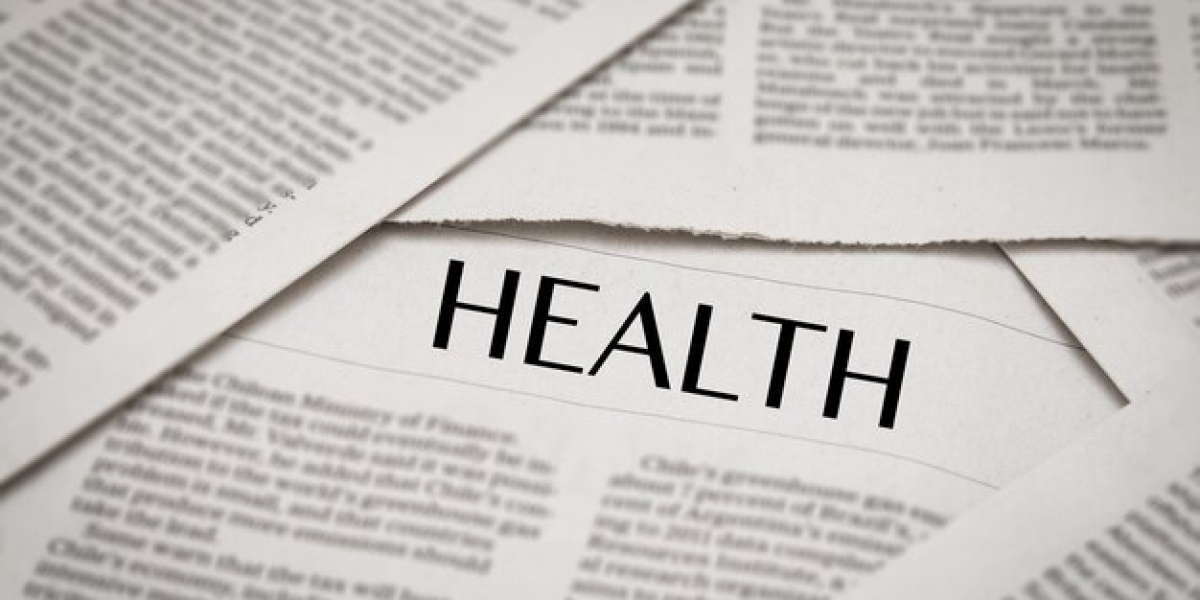Abdominal pain is a common yet often misunderstood issue among women, affecting their daily lives and well-being. From menstrual cramps to more serious conditions like endometriosis and ovarian cysts, understanding the causes and symptoms of abdominal pain is crucial for every woman. This article aims to demystify abdominal pain, offering insights into why it varies for women and providing essential information to help you navigate this often-puzzling aspect of your health.
Many women experience abdominal discomfort at some point, but not all pains are equal. The location, duration, and accompanying symptoms can vary widely, making it essential to recognize when medical attention is needed. By exploring the different causes—from reproductive health issues to gastrointestinal disorders—we empower women to take charge of their health and seek timely medical advice when necessary. When seeking medical advice, consulting the best obstetrics gynecologists in India can provide specialized care and guidance tailored to women's health needs.
Interesting Facts
- Did you know that about 10% of women of reproductive age have endometriosis?
- Around 20% of women will develop fibroids by the age of 50.
Understanding Abdominal Pain in Women
Abdominal pain is a common and often distressing issue that many women face at some point in their lives. Whether it's a sudden cramp, a persistent ache, or a sharp twinge, abdominal pain can disrupt daily activities and raise concerns about underlying health conditions. This article aims to demystify abdominal pain in women, providing essential information to help you understand its causes, symptoms, and when to seek medical attention.
Why Is Abdominal Pain Different for Women?
Abdominal pain in women can stem from factors unique to their anatomy and physiology. The reproductive organs play a crucial role in this differentiation. For instance, conditions affecting the ovaries, fallopian tubes, and uterus can lead to abdominal discomfort that varies significantly from pain experienced by men or unrelated to reproductive health.
Reproductive Organs and Abdominal Discomfort
- Ovaries: These small, almond-shaped organs are responsible for producing eggs and hormones. Conditions such as ovarian cysts or ovarian torsion can cause sudden, severe pain in the lower abdomen.
- Fallopian Tubes: These slender tubes facilitate the passage of eggs from the ovaries to the uterus. Infections or blockages in the fallopian tubes can result in abdominal pain, especially during menstruation or intercourse.
- Uterus: The uterus is where a fertilized egg implants and grows during pregnancy. Issues such as fibroids, endometriosis can cause chronic pelvic pain or intense menstrual cramps.
Common Causes of Abdominal Pain in Women:
- Menstrual Cramps: Many women experience menstrual cramps during their periods. These cramps are usually mild but can sometimes be severe.
- Ovarian Cysts: Fluid-filled sacs in the ovary can cause sharp, sudden pain.
- Endometriosis: This condition occurs when tissue similar to the lining inside the uterus grows outside it, causing pain and sometimes infertility.
- Pregnancy-Related Issues: Ectopic pregnancies and other complications can result in abdominal pain.
- Gastrointestinal Issues: Conditions like irritable bowel syndrome (IBS) and infections can affect anyone but may present differently in women.
The Importance of Knowing the Symptoms
Recognizing the symptoms associated with different types of abdominal pain can help you seek timely medical advice. Early detection and treatment can prevent complications and improve your quality of life.
- Sharp, sudden pain: Could indicate ovarian cysts or ectopic pregnancy.
- Chronic, dull pain: Might be related to conditions like endometriosis or IBS.
- Pain with fever: This could suggest an infection or inflammation.
- Pain during menstruation: Common with menstrual cramps but should be monitored if unusually severe.
Steps to Take When Experiencing Abdominal Pain:
- Track Your Symptoms: Keep a diary of your pain, noting the timing, duration, and intensity.
- Seek Medical Advice: Consult a healthcare provider if the pain is severe, persistent, or accompanied by other symptoms like fever or vomiting.
- Get Regular Check-Ups: Regular visits to a gynecologist can help detect issues early.
- Adopt a Healthy Lifestyle: A balanced diet and regular exercise can improve overall health and potentially reduce some types of pain.
Conclusion :
Understanding abdominal pain is vital for every woman, as it can signal underlying health issues. By recognizing symptoms and causes, you empower yourself to take proactive steps. If you experience persistent or severe pain, consult with the best doctors for abdominal pain treatment in India for accurate diagnosis and tailored care. Your health matters—seeking expert advice ensures you receive the necessary support for a healthier, more comfortable life.
FAQ
Q: When should I see a doctor about abdominal pain?
A:If your pain is severe, persistent, or accompanied by symptoms like fever, vomiting, or irregular bleeding, you should seek medical attention immediately. 24/7 online doctor consultation in India can also be a convenient option for getting timely advice and guidance from qualified medical professionals, especially for non-emergency concerns.
Q: Can stress cause abdominal pain?
A: Yes, stress can exacerbate conditions like IBS and cause muscle tension, leading to abdominal pain.
Q: Are there any home remedies for menstrual cramps?
A: Yes, applying heat, taking over-the-counter pain relief, and practicing relaxation techniques can help alleviate menstrual cramps.









